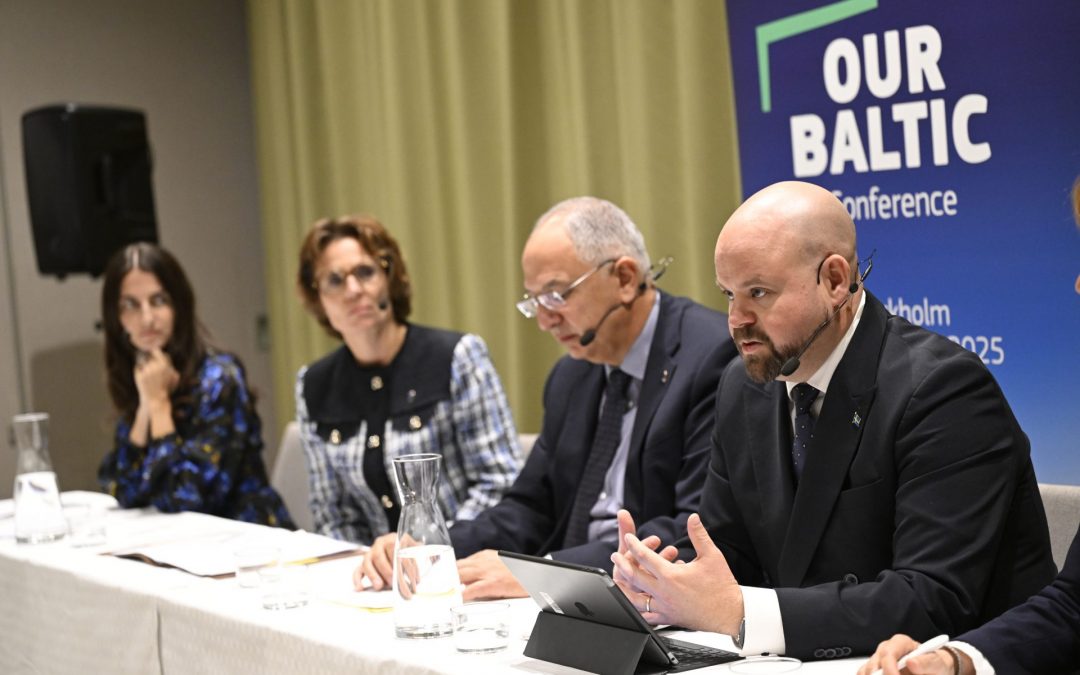Stockholm – “We are in a critical situation for the Baltic Sea. Despite progress in various areas, the overall situation for the Baltic Sea is deteriorating,” says the EU’s fisheries commissioner Costas Kadis at a press conference in connection with a conference in Stockholm on Tuesday where the situation has been discussed by environment and fisheries ministers from the countries around the Baltic Sea.
Not least, Kadis warns of research findings regarding the situation for the herring and sprat in the Gulf of Bothnia and the Bothnian Bay.
“These stocks are at some of the lowest levels ever recorded. Losing them would be catastrophic,” says Kadis.
The fisheries commissioner is now hoping for restrained quotas when the countries’ fisheries ministers gather in Luxembourg at the end of October to agree on next year’s catches.
The Swedish government has previously opposed the EU Commission’s proposal to stop herring fishing. And even though the situation is described as alarming, a total fishing ban has not been up for discussion, says rural affairs minister Peter Kullgren.
“If it is difficult for us to keep the quotas low, how do you think we would manage to implement a total ban? I don’t think it is possible given the situation as it is.”
Swedish climate and environment minister Romina Pourmokhtari says that all meeting participants agree that it is a serious situation.
“But how to tackle this serious situation is where we do not agree. Sweden wants to see strong measures against overfishing, as well as strong measures against seals and cormorants,” she tells TT.
Among other things, she describes Finland as an opponent.
(September 30)
 go to the original language article
go to the original language article
